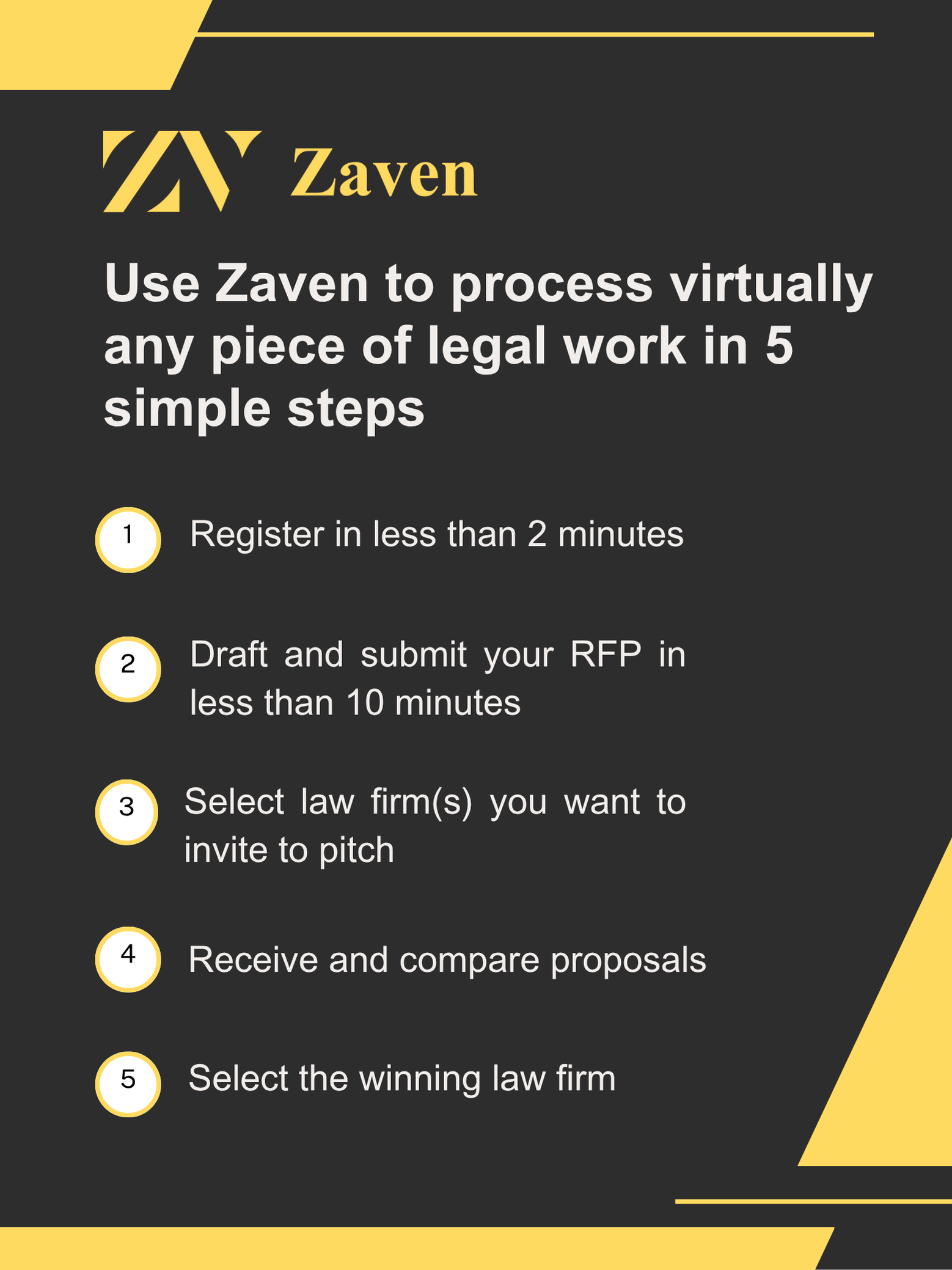Source: Business Insider
Clio’s $1 billion acquisition of vLex in June marked the largest deal in legal tech history—and a direct challenge to one of professional services’ most entrenched duopolies.
Two Different Worlds
For nearly two decades, Clio has dominated practice management software for solo practitioners and small firms—200,000 users who often run practices from desktop computers and rely on free research tools. vLex, by contrast, pioneered legal research and built the closest rival to the LexisNexis-Westlaw duopoly that has controlled legal research since the 1970s.
The research giants charge tens of thousands annually for access to legal databases, creating two markets: 78% of large-firm lawyers use paid research tools versus just 45% of solo attorneys. Law schools give students free access to Lexis and Westlaw, creating switching costs that keep lawyers locked in for decades.
The Dual Strategy
Clio’s approach is more sophisticated than initially apparent. Beyond vLex, the company acquired ShareDo—a work management platform built for larger law firms. This reveals a dual strategy: comprehensive all-in-one solutions for small firms, and API-first integration tools for larger firms that prefer best-of-breed systems.
CEO Jack Newton frames it simply: Clio handles the business of law, vLex covers the practice of law. COO Ronnie Gurion points to over 1,000 mid-market firms already using Clio’s software as proof the strategy is working.
The Big Law Problem
Breaking into Big Law means overcoming more than functionality gaps. Former litigator Shlomo Klapper explains that lawyers at larger firms prefer citing established sources like Westlaw over newer databases, even when the case text is identical. “Treatises and annotations aren’t just documents—they’re symbolic authority.”
David Wong at Thomson Reuters remains skeptical that Clio’s integrated approach “fundamentally changes how you work.”
The Verdict
Analyst Richard Tromans suggests Clio could transform the “Big Two” into a “Big Three.” The dual-platform strategy shows market sophistication, but success requires overcoming decades of institutional inertia in Big Law’s research habits.
If Clio succeeds, it will have cracked one of professional services’ most enduring duopolies. If not, it becomes a billion-dollar lesson in overreach.
Read more: Business Insider







